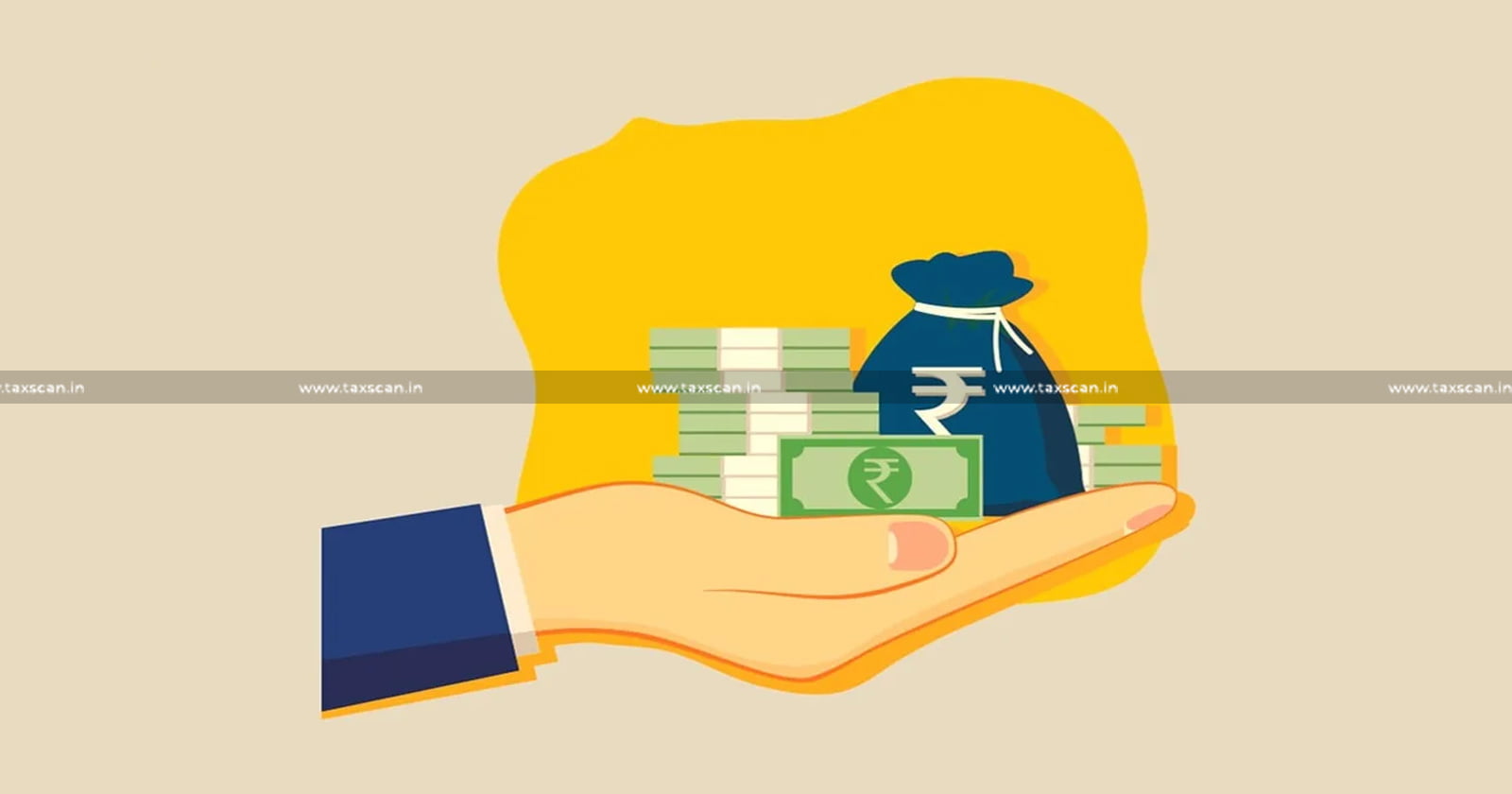Decoding Taxation of Perquisites: Here’s How to Restructure Your Salary for Better Income Tax Savings

Perquisites, also known as perks or fringe benefits, are additional benefits or advantages that an employee receives from their employer in addition to their salary or wages. Examples of perquisites include company cars, housing, stock options, health insurance, and travel allowances.
In India, perquisites are subject to taxation. The employer is required to calculate the value of the perquisites provided to the employee and include it as part of the employee's taxable income. The employee is then required to pay tax on the value of the perquisites received.
The value of perquisites is typically calculated based on the fair market value of the benefit provided to the employee. For example, if an employer provides a company car to an employee, the value of the perquisite would be calculated based on the fair market value of the car.
It is important for employers and employees to be aware of the tax implications of perquisites in order to properly account for them and avoid any penalties for non-compliance.
At the start of the financial year, many companies offer their employees the opportunity to adjust their CTC. By selecting tax-efficient components, you can optimize your salary structure.
Here are eight exemptions, perquisites, and deductions you should consider incorporating into your CTC:
Fuel and Travel Reimbursements
If you travel for work, your entire taxi fare can be reimbursed without any tax implications. If you use a self-owned or company-provided vehicle for official purposes, you can claim reimbursement of fuel and expenses. However, if the vehicle is also used for personal purposes, the perk has a taxable value.
Driver's Salary
Senior executives have the option to hire a driver, and the driver's salary has a nominal taxable value. Incorporating this into your CTC can help reduce the amount of income that is taxed.
Leave Travel Assistance (LTA)
Reimbursement of travel costs for your family during vacations is tax-free if claimed twice in a block of four years. Since LTA was impacted by COVID-19 restrictions for the past two years, it is now an excellent tax-saving opportunity to include in your CTC at the start of the year.
Movable Assets
If your company offers to buy movable assets for you, you can save significantly. Gadgets and appliances bought by the company and given to the employee for personal use are taxed at only 10% of the value, and computers are tax-free. This benefit gained importance during the pandemic's work-from-home phase in 2020.
Internet, Phone, and Newspaper Bills
During the pandemic, internet and phone bills soared due to remote work. Reimbursements for these expenses are tax-free, but you need to submit the actual bills. Reimbursements for bills for newspapers and periodicals are also tax-free if supported by actual bills.
Meal Coupons
This benefit is tax-free for up to Rs 50 per meal, which works out to around Rs 2,200 per month. Digital wallets have made it easier for employees to use this perk without having to keep track of bills, and compliance has improved for companies.
NPS Contribution
Many companies offer this benefit, which can reduce taxes while building a retirement corpus. Up to 10% of the basic pay put in NPS is tax-free. Opting for NPS will reduce your take-home pay, but it is a cost-effective and high-return retirement saving option.
To optimize your salary and reduce taxes, consider incorporating these benefits into your CTC at the start of the financial year and it is always advised to consult with your finance professional for personalized financial advice.
Tax planning is an essential aspect of personal finance, and with the right investments and planning, freelancing professionals can reduce their tax liability and increase their savings.
Support our journalism by subscribing to Taxscan premium. Follow us on Telegram for quick updates


